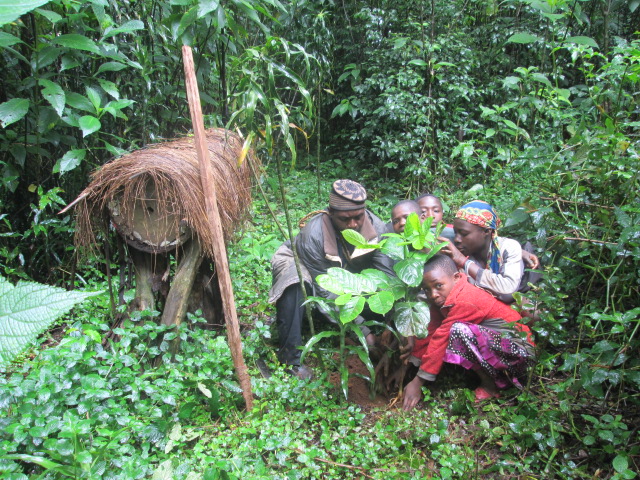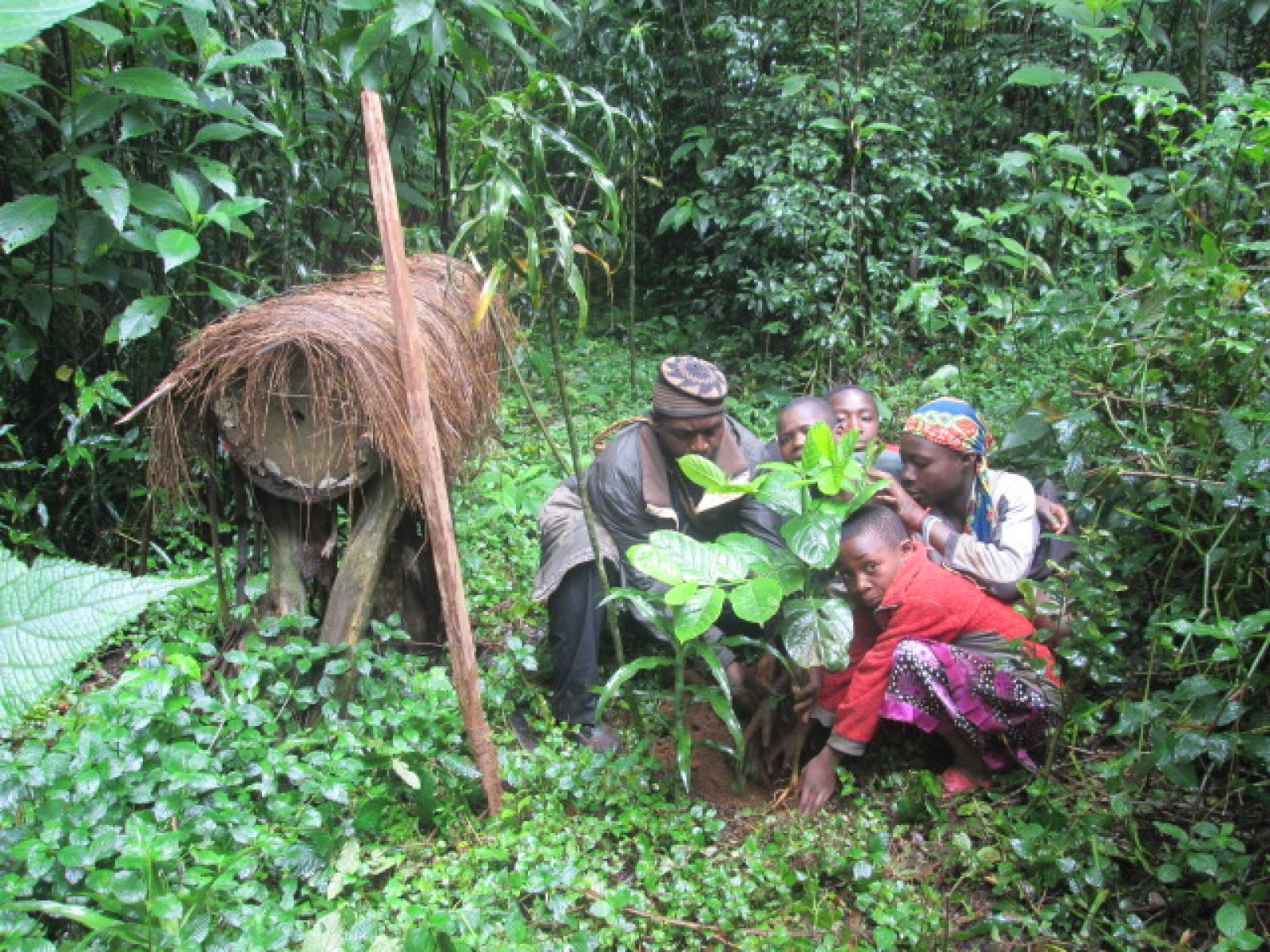An Overview Of Our Solution
- Population Impacted:
- Continent: Africa
Organization type
Population impacted
Size of agricultural area
Production quantity
People employed
Describe your solution
Describe your implementation
External connections
What is the environmental or ecological challenge you are targeting with your solution?
Describe the context in which you are operating
Many of people live on less than a dollar per day. Poverty and unemployment is high. The population is more of youths. The area is rich in natural resources to unblock to meet local needs and sustain it. The tradition of the people is strong. The area depends on the forest for water, firewood, vegetable, honey, culture, medicine, etc. 200000 people live a day’s walk to the forest. The soil is volcanic soil permitting the cultivation of potatoes, coffee, corn, beans, bananas, etc and animal rearing like goats, sheep and cattle. Apiculture can increase local income. Corn and huckleberry is staple food here. The population lack employment opportunities and depend on their entrepreneurial skills. They are organized into cooperatives. The forest has a rich herbal potential with many locally owning herbal treatment centre receiving an influx of people locally and nationally. The forest is very medicinal and its honey is special, medicinal and certified as Geographical Indication Product.
How did you impact natural resource use and greenhouse gas emissions?
Language(s)
Social/Community
Water
Food Security/Nutrition
Economic/Sustainable Development
Climate
Sustainability
CAMGEw has a rolling fund used to buy bee farmers products and sale in Bamenda and Yaounde. The bee farmers are organized into village groups and cooperatives to learn and share experience with each other and sale their products. They have their executives representing their people. The bee farmers harvest their honey and takes it to the cooperative where it is checked for quality and weighed for payment. The honey is drained by the cooperative and CAMGEW buy with rolling funds and transfer to Bamenda for packaging and sale in her honeyshop in Bamenda and BIONATCAM in Yaounde. The bee farmers are happy to plant trees in the forest and protect the forest for free because the forest will give them more honey if it is protected.
Return on investment
Entrant Banner Image

